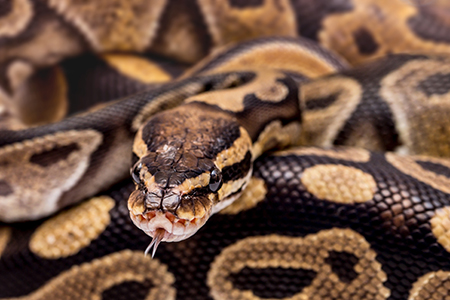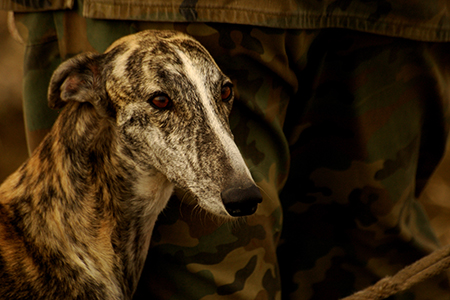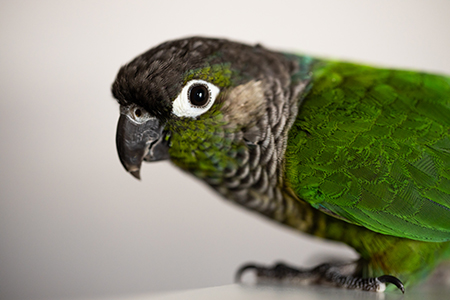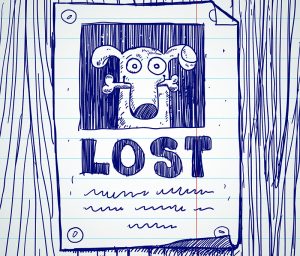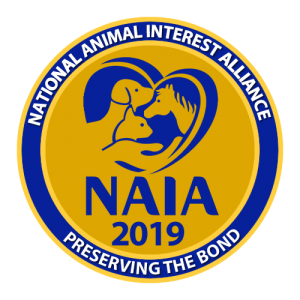 Animal Law, Animals and Culture, Shelter & Rescue
Animal Law, Animals and Culture, Shelter & Rescue  No Comments
No Comments Unregistered Shelters, Street Dogs, and the Healthy Dog Importation Act
The Tijuana Sun reports that Tijuana’s numerous unregistered animal shelters – many of which are shipping dogs north to U.S. consumers – are creating a nightmare for local animal control, animal welfare activists, and especially dogs. Cases of overcrowding, cruelty, filth, and illness abound, but unfortunately, very few of the city’s shelters are registered or even identified by officials. This makes it incredibly difficult to monitor and improve shelters so they meet health and welfare standards.
Exacerbating this already daunting task is the fact that there is a lot of money to be made by shipping street dogs north to well-intentioned U.S. homes. Even people who start out only wanting to “save lives” can get sucked in. When there is a near-limitless supply of street dogs to export, and each dog is being shipped out at $20 a tail, you will reach a point where you are running a business, rather than a shelter, whether you admit it or not. It’s inevitable. What incentive is there to stop, register your shelter, and solve the problem at its source?
It is estimated that there are 50,000 street dogs currently living in Tijuana. That’s a lot of dogs, but fortunately, there are two good steps going forward. The first step would be for the local government to allocate resources toward rescue, rehab, and sterilization programs and partnerships. A concerted effort would really help put a dent in this welfare, health, and safety dilemma. Of course, this is not something we can magically enact, and no matter how well and urgently Animal Lawyers of Mexico or other welfare groups state their case, they do not have magical powers either.

The second step going forward is something we do have a say over, however: showing our support for the Healthy Dog Importation Act. Screening more of the dogs that come in for good health, appropriate age, and vaccination status disincentivizes the practice of willy-nilly shipping dogs into the United States, and, most urgently, protects the health of people, pets, and agriculture. Raising these standards for importation may also, less directly, lead to welfare and animal service improvements in places that had previously profited by shipping their “overflow” problems elsewhere.
(Translated) Shelters for homeless dogs in Tijuana, necessary, but irregular
Resources
★ NAIA: Healthy Dog Importation Act of 2023, June Update
★ Puppies being exploited at California port of entry, say animal rights’ advocates


